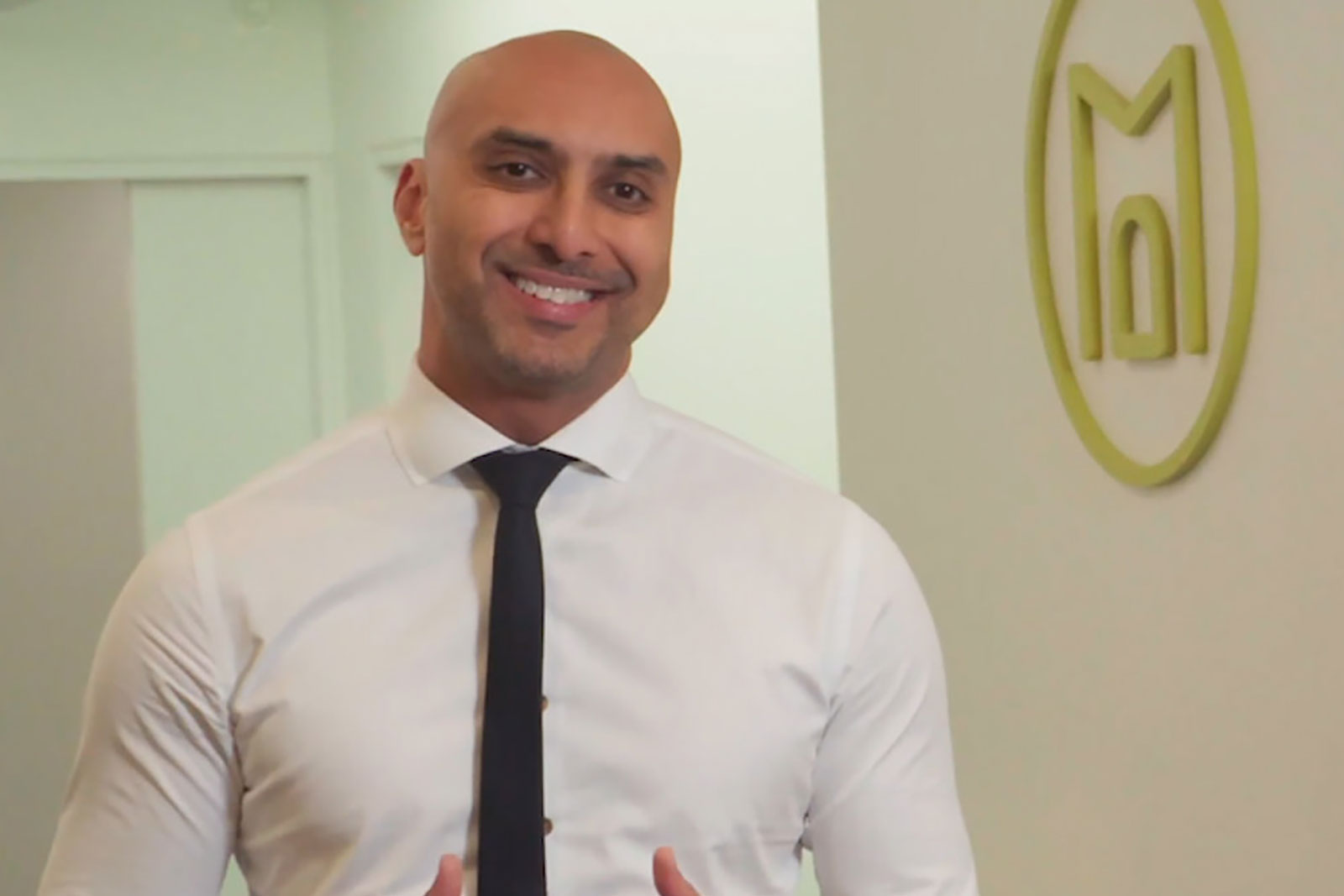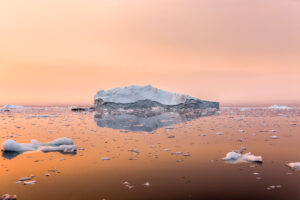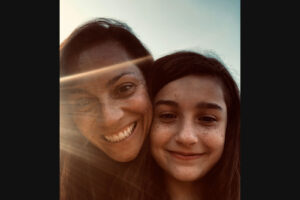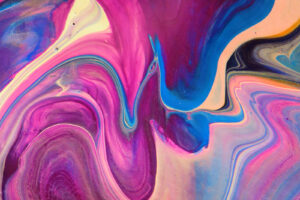I’ve got naturally dark skin rich in melanin. I grew up believing sun safety was of little concern to me, and the most I would do is put on sunscreen if I spent a day at the beach. But I’ve read a number of articles lately that suggest sun safety is important for everyone. What sort of things do POC like me need to know about sun safety?
The truth is, skin cancer in POC communities happens with a lot less frequency. In fair-skin folks, it’s fairly common: Sun-induced skin cancers are the most common type of cancer. These concerns are very much at the forefront for fair-complected folks, but skin cancer is not something that’s really talked about much in skin-of-color communities. I’m Indian, I’m from a darker-skinned community, I don’t think I ever heard about skin cancer growing up, and I’m sure that’s similar in African-American and Latino populations. There’s just not a lot of awareness about it—that’s the bottom line.
Sun protection is something that is also not really discussed in darker-skinned communities. Even when I was growing up, sunscreen was never really something my mom told me to use, it was never really a concern. I think a lot of that stems from the fact that we’re darker skinned, and our risk of getting a sunburn is much lower than someone with fair skin. But the truth is, sun protection is very, very important for all skin types.
Something that resonates with a lot of folks is that sunscreen can be used for cosmetic purposes. Wear sunscreen because, yes, it’s going to protect from skin cancer, but it’s also going to keep you from getting wrinkles. Anything I can say to get my patients to wear sunscreen is fine by me.
The United States is becoming more and more and more diverse—darker-skinned folks make up a bigger percentage of the population with each generation. Driving home the importance of sun protection now that the demographics of our society are changing is really important. The more awareness there is, the more compliance there will be and the less incidence of skin cancer in darker-skinned communities and fairer-skinned communities.
About the Doctor
Dr. Mudgil received his bachelor’s degree from Emory University and his medical degree from Stony Brook University School of Medicine. He completed his residency in dermatology at the Mount Sinai Medical Center in Manhattan, where he served as chief resident. Dr. Mudgil is a fellow of the American Academy of Dermatology, the American Society for Dermatologic Surgery, and the American Society of Dermatopathology, as well as a member of the Icahn School of Medicine at Mount Sinai teaching faculty.







